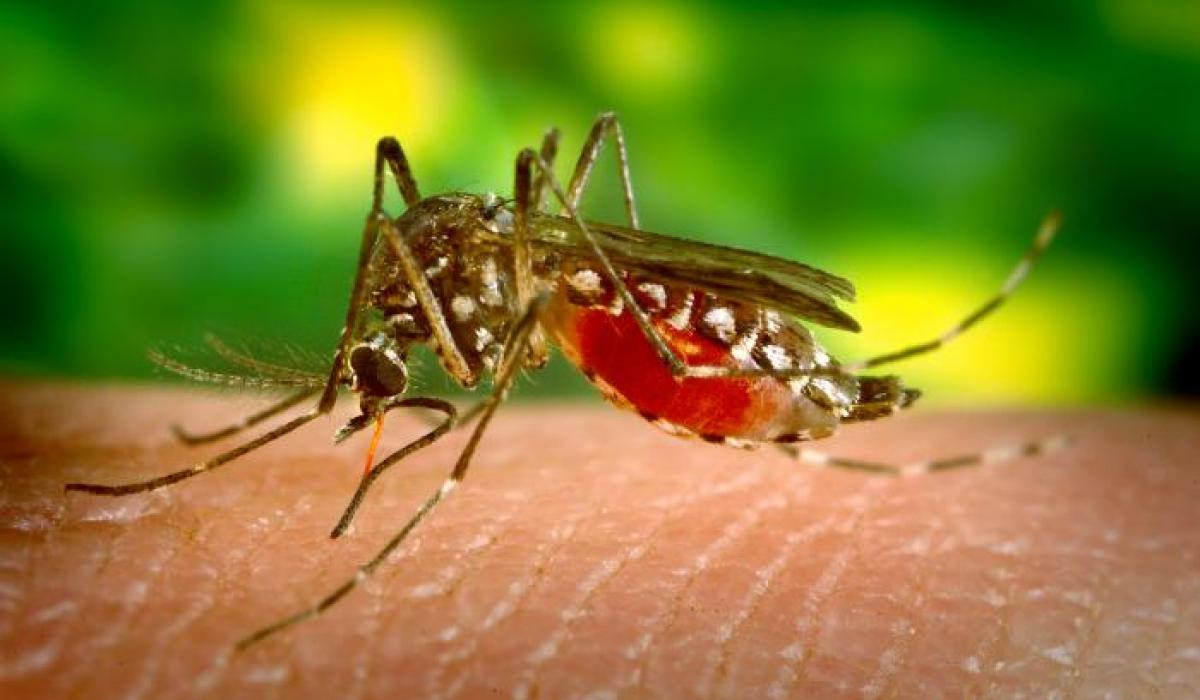
Principal Investigator: Yeromin Mlacha
Project leader/ Coordinator: Yeromin Mlacha
Project Administrator: Felix Brown
Funding Partner: National Institute of Parasitic Diseases (NIPD), Chinese Center for Disease Control and Prevention
Start date: April 29, 2025
End date: Nov. 30, 2025

Assessing impact of the 1,7-mRCTR reactive testing and response
The Study on the Policy Ecology of China-Africa Cooperation for Malaria Control and the Impact of 1,7-malaria Reactive Community Testing and Response (1,7-mRCTR) aims to assess the real-world impact of the 1,7-mRCTR strategy and to understand the context in which it was implemented in Rufiji, Kilwa, and Kibiti districts of Tanzania.
The study evaluates how the strategy performed in practice and identifies the factors within the health system that may have influenced its success or limitations.
Specifically, the study has three key objectives. These includes
1. Estimate the impact and duration of the effect of 1,7-mRCTR post-intervention
2. Understand the quality of existing clinical data in the study area
3. Assess the capacity of health facilities and the working conditions of personnel
To achieve these objectives, data collection will be carried out across the three districts, targeting a sample of 30 to 40 health facilities out of a total of 60. These include hospitals, clinics, and dispensaries from both the public and private sectors.
Insights generated from the study will be valuable for guiding future policy and operational improvements in malaria control efforts, particularly in the context of China-Africa health cooperation initiatives.
